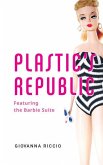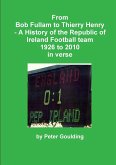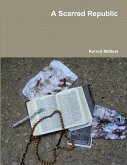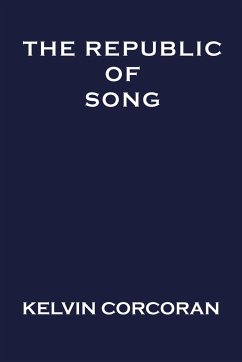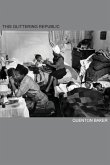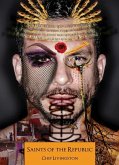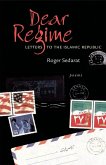"Zabalaza Republic reiterates the need for my people to find value in our blackness. For my generation, the battle against white supremacy culture has taken on psychological implications echoing sentiments of what Du Bois referred to as double consciousness. My poetry comes from the wreck left behind after ethnic and racial collisions. For me, this book represents an optimistic step forward towards healing and a return of black self-love.'' As Sihle Ntuli describes the essence of his collection, the poems encompass numerous aspects of black alienation resulting from collisions with the white world, which despite the 'zabalaza' seemingly having been won in 1994, still remains the ruling environment. In poems inspired by Winnie Mandela, Miriam Makeba, Nokuthula Simelane, Hugh Masakela, Seitlhamo Motsapi, Caiphus Semenya and Letta Mbuli (to name some of his black heroes) Ntuli dissects the gulf between the black psyche (both pre-and post-colonial) and Europe's imposed culture. On a more personal note, he also sets out the challenge to prove that he is indeed a Zulu man ''whilst never having held a knife to the neck of a lamb", and to navigate the contradictions of his upbringing: 'how deep the scars, years of tongue lashings from black mama discipline''. There is also the question of his being a student of European Classics and someone who ''only dreams in English.'' And so one can see that this collection breaks new ground in South African poetry by diving into the effects of the 1994 'negotiated settlement'' on a new generation of urban black youth who are held back by a failing public education system, massive unemployment and various plagues of social abuse.
Hinweis: Dieser Artikel kann nur an eine deutsche Lieferadresse ausgeliefert werden.
Hinweis: Dieser Artikel kann nur an eine deutsche Lieferadresse ausgeliefert werden.


